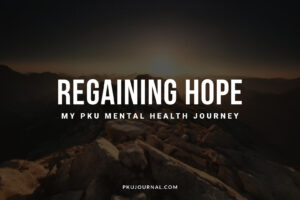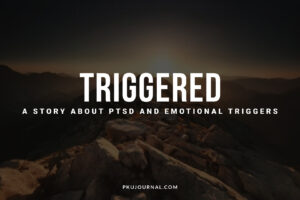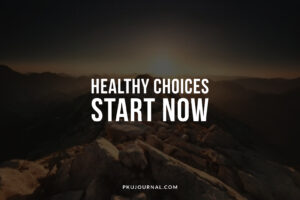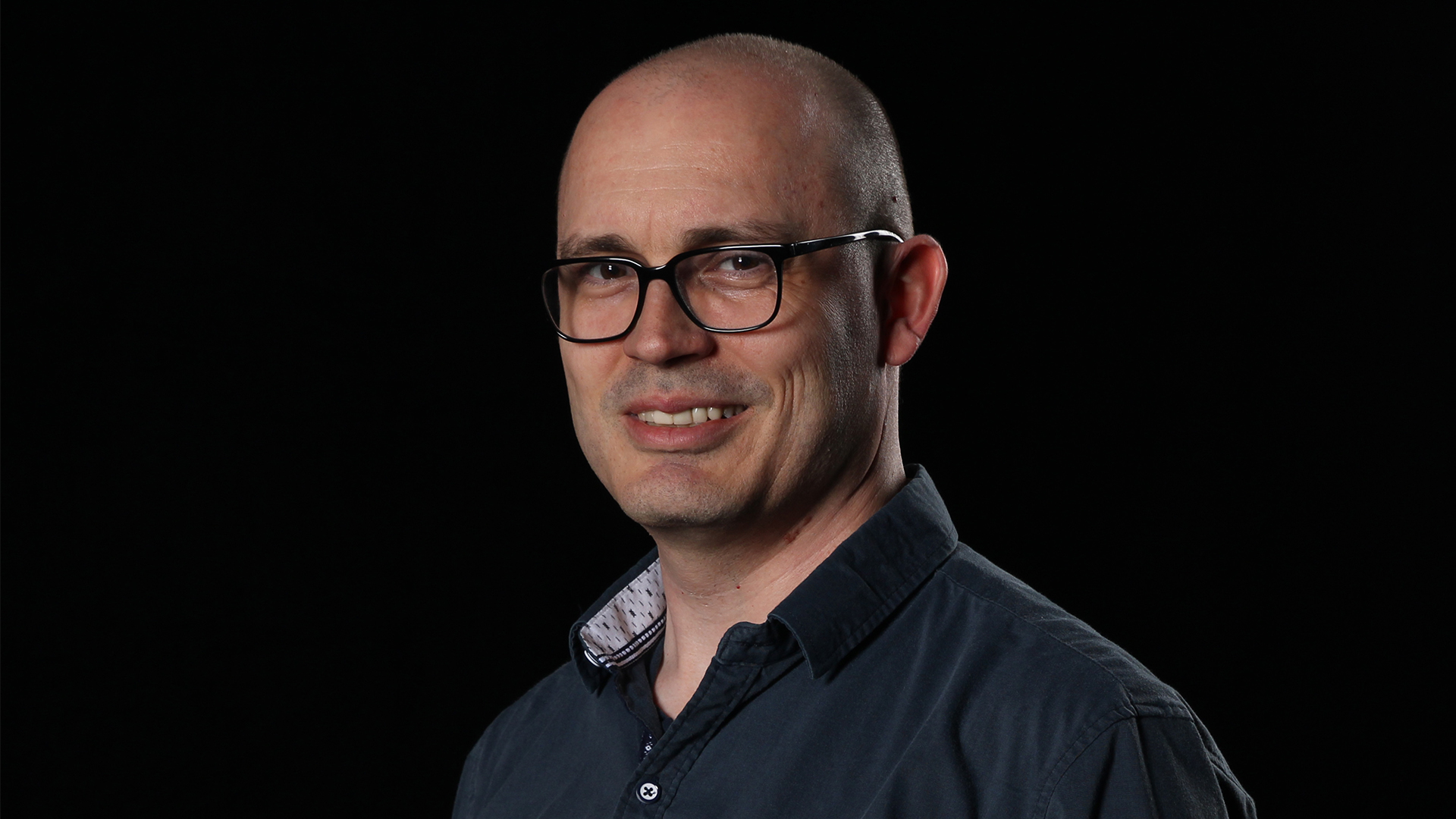The emotional toll of rare disease advocacy is real. Very real. Advocacy is speaking on behalf of another, which means you are dedicating yourself to the service of others. And over time, that can have an impact on your mental health. This story doesn’t provide simple solutions. It asks you to consider the emotional weight of devoting your life to a cause greater than yourself.
The Emotional Toll of Rare Disease Advocacy
Advocacy.
I love that word.
It reminds me of togetherness. Community.
Now I understand that some of you listening might not be involved in advocacy, at least not in the way we often think of advocacy. You are living your rare disease life, trying to figure out what that means, and you’re taking care of yourself or the one you love. Maybe you don’t know where to begin.
Well to me… living the rare disease life is advocacy. Because with your presence in this world you are creating ripple effects. Advocacy is just sharing your story. You don’t have to speak publicly, meet with legislators, or create organizations to be an advocate. You are advocating simply by living and telling others about your life from time to time, even if it’s in casual conversations.
But I’m also thinking about those of us who are involved in a more public way. Maybe you’re active on social media. Maybe you serve a non-profit organization in some way. Maybe you’re a public speaker.
Whoever you are… whether you advocate in private or in public, I firmly believe this…
We are all advocates. Because in some way we are all sharing our story.
But for those of us who might contribute to advocacy in a formal way… we begin our advocacy journeys on our own. And somewhere along the way we begin to develop relationships with other advocates.
It becomes a communal effort.
We participate in social media campaigns. We volunteer for organizations. We speak at events.
We learn the power of cooperative action. Teamwork. Encouraging others to discover and be their best.
But… we aren’t just rare disease advocates.
We are still individuals trying to navigate our way through our rare disease journey.
And trying to balance those two roles… one that may be a public role in which you speak on behalf of others… and one in which you are trying to manage your health… or the health of the one you love…
It’s a daily fight.
There’s a side of rare disease advocacy that I don’t think gets enough attention.
And that’s the mental health toll of advocacy.
Yes, I’m a rare disease advocate. And that’s the subject of my show. But the truth is… no matter what you fight for—whether it’s raising awareness of your rare disease or newborn screening or chronic illness or disability or mental health—whatever it is… advocacy itself can have an impact on your mental health.
We have an entire generation of rare disease advocates doing amazing work. But we don’t always talk about how advocacy itself can become a burden.
That’s what I’m going to discuss today… the emotional toll of rare disease advocacy.
A Chance Encounter That Stayed With Me
I love storytelling because I love meeting people. And I get to meet a lot of people. People from different backgrounds. All experiences.
At work, one of my favorite projects of the year is a series called “An Evening for Healers”. It’s an event hosted by our medical school honoring first responders and medical professionals in my hometown. We produce two 15-minute stories for the event documenting a couple of cases from start to finish… how heroes in our community save lives.
The day before the event we always attend the rehearsal. It’s an opportunity for us to see how the film will look on the big screen… if we need to make some final adjustments to the color or tweak the sound.
Last year… the fall of 2023… I was just leaving the rehearsal when I checked Facebook and saw that someone had shared one of my posts… I wrote a brief comment thanking her for sharing about my podcast. And she told me about her granddaughter who had PKU.
Now I meet and interact with a lot of people in my rare disease community. So I took a moment to refresh my memory. I looked at our Facebook messages to see if we’d ever had previous conversations. And I saw that in 2012, shortly after I began my work in advocacy, she reached out to me to thank me for sharing my story. Her granddaughter Kayden was turning six the next day. So I wished Kayden a happy birthday.
After refreshing my memory, I chatted with the grandmother over Facebook. And learned more about Kayden in the years since our encounter on her sixth birthday.
She played soccer. She loved life. And she had a positive outlook on PKU.
When she was 16, Kayden and her friend left a sleepover and were killed by a drunk driver.
Advocacy Means Carrying People With You
I was reluctant to share this story. But I am sharing it because this encounter changed my outlook on advocacy. The day I’m writing this episode… this encounter happened almost six months ago. But I’ve thought about Kayden almost every day.
Her grandmother and I had a private chat. And the things we discussed will remain private.
I won’t share more than that. But I’ll just say that there’s a reason I found a place to be by myself. And I broke down.
And there’s a reason I say… we have no idea how our words can have an impact on others.
But… one reason I continually think about all of this…
When you get involved in the work of advocacy… you are committing yourself to people.
Doing whatever you can to fight for them. To encourage them. And to help them discover the best version of themselves.
But the longer you do it… the more people you meet and hopefully help…
The more people and stories you carry with you for life.
I’ve shared before on this show that there are stories that I covered in the news that I still think about… all the time. But what I haven’t shared… is there are people I’ve met in advocacy… stories I’ve told… or even encounters I’ve had on social media…
That I also carry… every day.
And don’t think for a second that I believe I’m alone in this.
We don’t talk about it often… but I know… I know… that anyone who devotes their life to advocacy… for whatever cause… carries a heavy emotional weight… because of the people they meet and the stories they encounter.
Over a long enough period… rare disease advocacy can take a toll.
Stories Change Things
I’ve said this before… but advocacy is storytelling… so I’m going to take a minute and share some insights I’ve gained in my career as a storyteller.
I haven’t been able to articulate this until recently… actually, working on this podcast helps me understand my experiences and put things into perspective. And something I realized…
Is that my advocacy career has been an extension of my former career as a TV photojournalist. It’s my way of doing something that I couldn’t do in the field… help people… rather than stand around and just watch.
I felt like I took advantage of people. I documented the worst experiences of their life and for what? A paycheck?
Rarely did I feel like I was serving the higher call of “journalism”. Sometimes, every now and then I did. I’ve shared some of those experiences before like covering the Columbia Shuttle disaster and Hurricane Katrina. Those were major national stories where I could sense history happening around me… but I also felt that sense of being connected to something larger on other natural disasters closer to home.
January 2005. A tornado touched down in north Louisiana and traveled up to southern Arkansas. It was the most destruction I had ever seen. At least until Katrina. We interviewed one family who survived… at least most of them. A man and his 18-year-old grandson were picked up by the storm. Thrown hundreds of feet. The grandson survived. The grandfather didn’t.
A member of their family also shared that their relatives were watching the news… our TV station… and heard our meteorologists warn them to take shelter immediately.
When they thanked our station for surviving the storm that’s a moment when I realized…
We aren’t telling stories just to get a paycheck. We aren’t telling stories to win awards.
Stories change things.
The People I Carry
Storytellers carry their stories with them forever. The people they encounter remain on their heart and mind.
My storytelling career has lasted over 20 years. So I carry a lot of stories. People I will never forget.
Some who survived and I remember frequently. Layla. Juan. Bill. Jamie. Jackie. Jordan.
Some who didn’t make it. BJ. Corinthian. Joey. Thomas. Kerrington. And now… Kayden.
And what I have realized… is that advocacy is my way of trying to tell stories or connect with people in a way that does some good.
Instead of just perpetuating an endless news cycle that feeds off tragedy and death.
Yes, advocacy can be an emotional weight. Even if you don’t tell stories as an advocate you hear them all the time. As you think about how you can help someone who reaches out to you—and wonder if you even can—you internalize the story.
You connect with the other person at a human level. Not just as a target for your advocacy agenda… but as a person who needs help.
And long after the encounter, their story remains with you even if it’s buried in your subconscious.
The longer you advocate, the more stories you gather. And the more people you carry with you.
At this point, my advocacy journey has lasted for over half of my career. I consider it my second job. Something I do because something inside of me is driven to do it. It doesn’t even feel like I have a choice anymore. I have to do it.
And to be transparent I wish I had an answer for this…
How do you deal with the emotional toll of advocacy?
I don’t know.
I just know that I have to keep going. And to keep searching for the answer.
Every night before I go to bed… I think about three children who didn’t make it… BJ, Corinthian, and Joey.
And these days after my conversations with her grandmother, I think about Kayden. The loss that her family and her community still feel. And will always feel.
I know from personal experience that loss like that is something that never goes away.
You just keep waking up. You put one foot forward. And try to get on with your day.
When you carry a heavy burden it’s tempting to say “I just want a solution!”
But that’s not what this show is about.
Because life isn’t a problem to be solved but an experience to live.
And the idea of a quest… a journey… it’s central to every great story.
Because it’s central to life.
We ask. We seek. We search.
And in that search we move from living in isolation to gathering in a community.
And we begin to understand… together.
Learning to Carry the Weight
I share these experiences because my career in journalism was an excellent education in advocacy. To advocate means to speak on behalf of another. And when you cover the news often that’s what you find yourself doing. You’re telling stories about other people and for other people. Hopefully, they are stories that matter. Some stories you don’t believe in. And you don’t like the fact that you’re the one telling them.
Now I am thankful that I can tell stories that I do believe in. Stories that matter.
And this is a story I encounter all the time—that advocacy can take a toll. It’s not something we discuss publicly very much but it’s come up many times in private conversations.
I said earlier that I don’t have solutions to this as if it were a problem that could be solved easily.
But I am learning how to live with this emotional toll of advocacy.
Advocates give up a lot of time, energy, and sometimes finances to do what we do. But we are individuals who only have so much time to spare.
Time isn’t endless. One day we will run out of it. We have to learn how to make the time we have matter. And that means choosing how you spend it.
You have to connect with other people and organizations who share your core values. And when you discover that your core values aren’t shared… you can part ways amicably and remain focused on your mission. And understand they will focus on theirs.
You have to set clear boundaries and establish your core values. “This is who I am and this is what I stand for”. And even if you don’t go around publicly declaring those core values with your actions you let people know who you are.
No matter how hard you try or how much you wish you could… you just can’t help everyone. Social media has made it so easy to connect with others but one consequence is that people who are visible advocates in their communities get a lot of messages… more people than they can possibly help.
All you can do is what you can do… and you have to learn to be ok with that.
This is what I’m learning… or at least what I’m trying to learn.
But it’s a daily process.
Just know this… it’s ok to feel the emotional weight of advocacy. It’s healthy to not try to run from it. Because it’s a sign that you care.
Yes, there is a cost to rare disease advocacy. But the rewards are immeasurable.
Because… if you care about advocacy you care about people. And your life becomes full of amazing people you meet in your journey.
People you serve with.
People you fight for.
People you befriend.
And people who help you learn…
How to never never never give up.











1 Comment
Leave your reply.